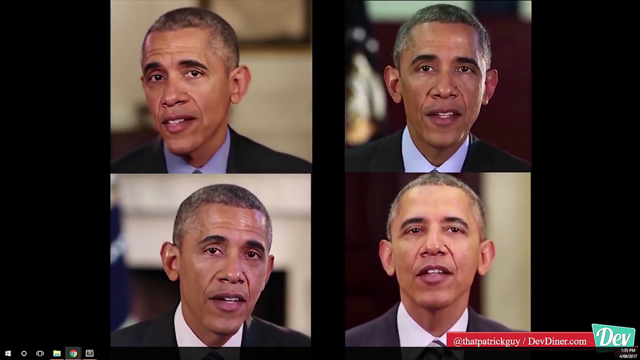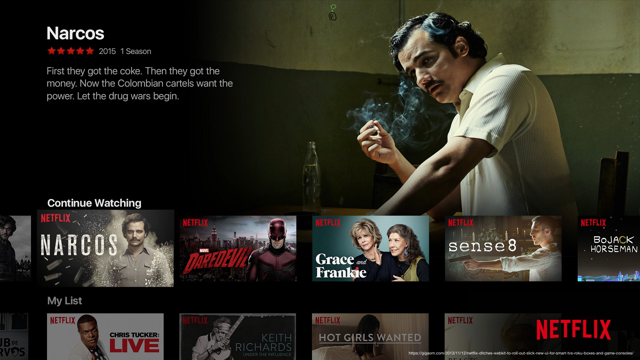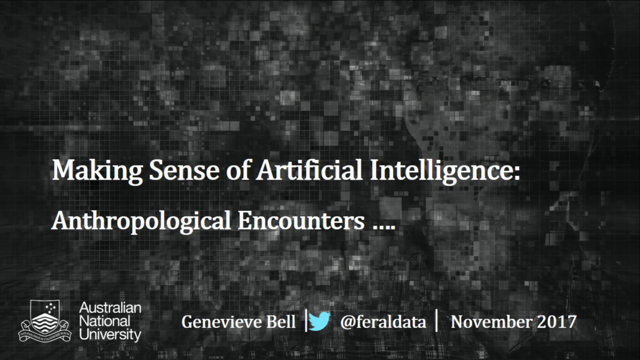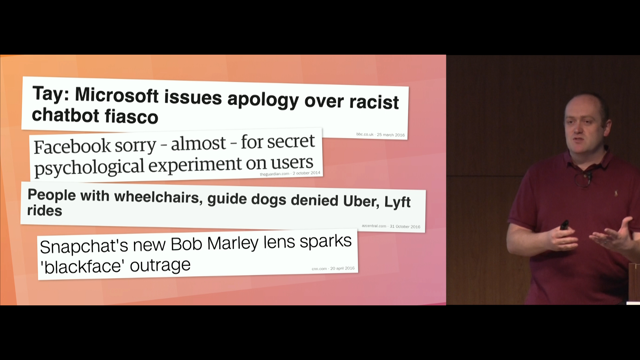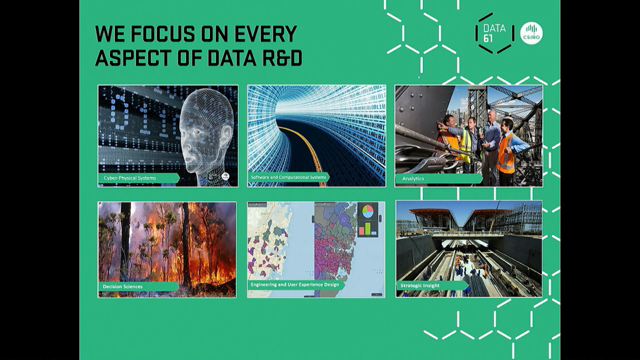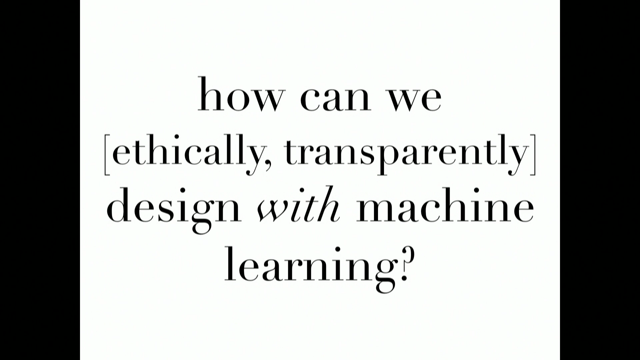Why Generalists Own the Future
April 3, 2025

A common refrain I hear is that in the age of AI, you don’t want to be a “jack of all trades and a master of none.
”For example, my good friend (and former Every writer) Nat Eliason recently argued:
“Trying to be a generalist is the worst professional mistake you can make right now. Everyone in the world is getting access to basic competence in every white-collar skill. Your ‘skill stack’ will cost $30/month for anyone to use in 3-5 years.”
He makes a reasonable point. If we think of a generalist as someone with broad, basic competence in a wide variety of domains, then in the age of AI, being a generalist is a risky career move. A language model is going to beat your shallow expertise any day of the week.
But I think knowing a little bit about a lot is only a small part of what it means to be a generalist. And that if you look at who generalists are—and at the kind of mindset that drives a person who knows a lot about a little—you’ll come to a very different conclusion:
In the age of AI, generalists own the future.
Source: Why Generalists Own the Future
This seeming counter-intuitive concept, that it’s generalists not specialists (foxes, not hedgehogs in Isaiah Berlin’s formulation) who will be most valuable in an AI assisted world appeals to me as a self identified fox.
Does this apply in Software Engineering? My instinct is yes. But time I guess will tell.

